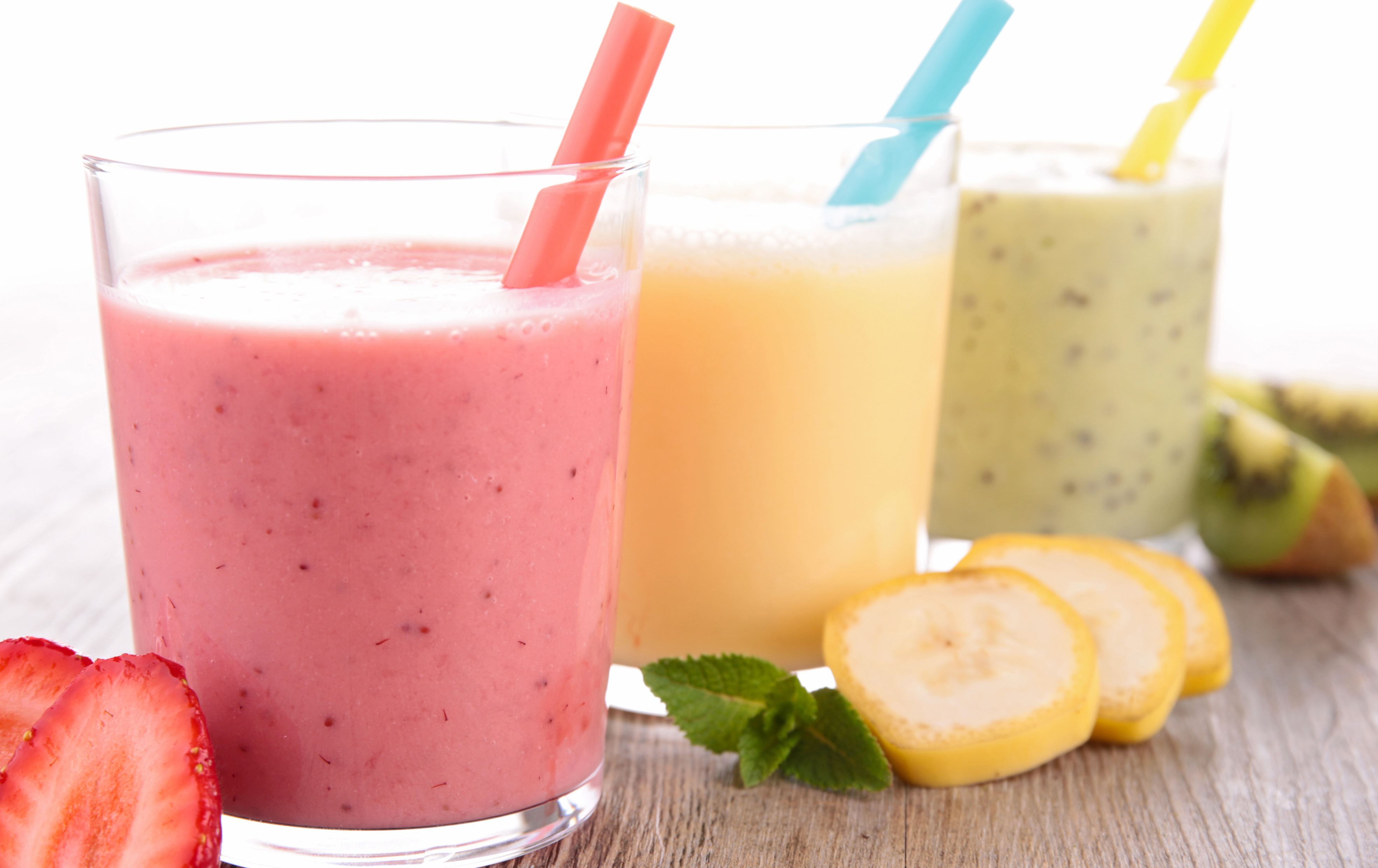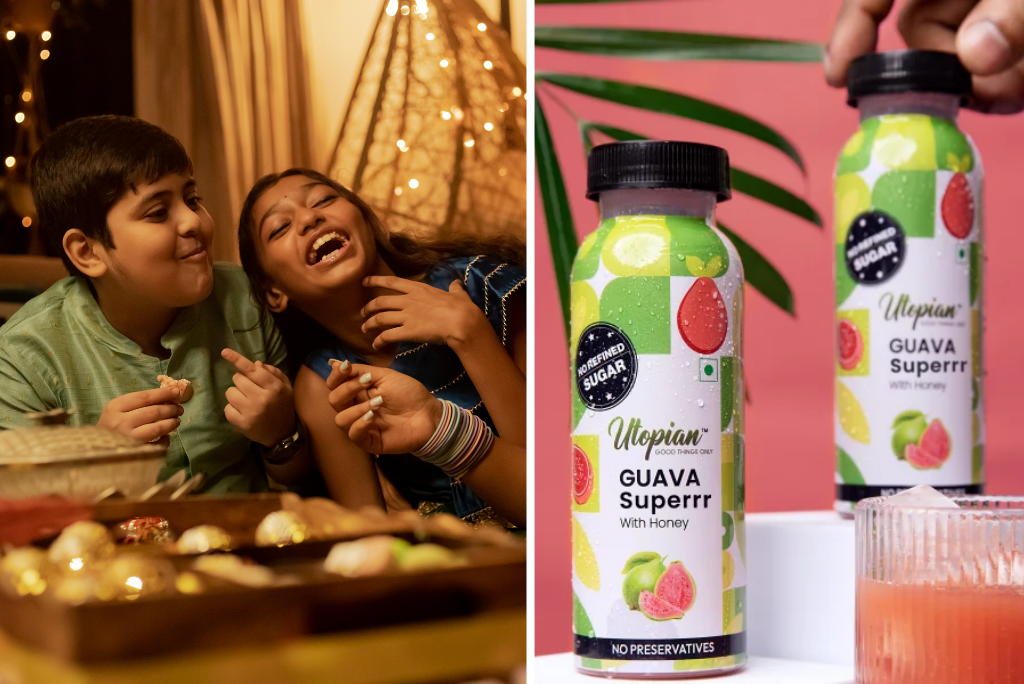
The Complex Role of Sugar in the Modern Diet. Understanding Benefits, Risks, and Alternatives
Sugar Science: What You Need to Know
Low-Calorie Drinks & No Sugar Juices: Smart Choices
In today’s health-conscious world, sugar remains one of the most debated nutritional components, often finding itself at the center of countless dietary discussions and health controversies. While excessive sugar consumption has been linked to numerous health concerns, understanding its role in our diet requires a nuanced approach that considers both its benefits and potential drawbacks. This comprehensive exploration delves into the multifaceted nature of sugar consumption, its impact on health, and the growing importance of alternatives like sugar-free drinks in modern dietary choices.
Understanding the Fundamentals of Sugar
Sugar, in its various forms, serves as more than just a sweetening agent. It represents a fundamental category of carbohydrates that plays a crucial role in human metabolism. The distinction between naturally occurring sugars and added sugars becomes increasingly important as we navigate our dietary choices:
Naturally Occurring Sugars
These sugars are found inherently in whole foods, primarily in fruits (fructose) and dairy products (lactose). They come packaged with essential nutrients, fiber, and other beneficial compounds that contribute to overall health. When consuming these natural sources, the body receives a complete nutritional package that helps regulate sugar absorption and provides sustained energy.
Added Sugars
These are sugars and syrups introduced during food processing or preparation. Common forms include table sugar (sucrose), high-fructose corn syrup, and various other sweeteners. The prevalence of added sugars in processed foods has led to increased attention from health organizations, with many recommending strict limitations on their consumption.
Sweetness shouldn’t come with compromise. That’s why we choose honey – nature’s golden touch – to perfect our fruit juices. To taste the Utopian difference here
The Beneficial Aspects of Sugar in Diet
Despite its controversial status, sugar serves several important functions in human health and nutrition:
Energy Production
Sugar remains the body’s preferred energy source, particularly for the brain and central nervous system. During high-intensity physical activities, readily available glucose from sugar can provide crucial energy reserves, making it valuable for athletes and active individuals.
Mood and Cognitive Function
The relationship between sugar consumption and mood regulation is well-documented. Sugar intake can trigger the release of neurotransmitters like serotonin and dopamine, potentially influencing mood and emotional well-being. However, this effect should be balanced against the risks of overconsumption.
Culinary Enhancement
In food preparation, sugar serves multiple functions beyond sweetening. It contributes to texture, preservation, and flavor balance in various foods. This versatility has made it a fundamental ingredient in both traditional and modern cuisine.
The Rising Importance of Alternative Options
The growing awareness of sugar’s health implications has led to increased demand for alternatives, particularly sugar-free drinks and beverages designed for diabetics. These products serve a crucial role in modern dietary management, especially for individuals with specific health conditions or those seeking to reduce their sugar intake.
Managing Health Conditions
For individuals with diabetes or pre-diabetes, no-sugar drinks for diabetics have become essential alternatives that allow them to enjoy beverages without compromising their health management goals. These products utilize various sugar alternatives and sweeteners that don’t significantly impact blood glucose levels.
Refined sugar? Not in our nature. We trust in honey’s golden touch to bring out the best in our fruit juices. Take the first sip towards a more natural refreshment. With Sugar-free drinks from Utopian Drinks
Health Risks and Consumption Guidelines
The potential health risks associated with excessive sugar consumption have led to establishment of clear guidelines by health organizations worldwide:
Chronic Disease Risk
High sugar intake, particularly from added sugars, has been linked to:
- Increased risk of type 2 diabetes
- Higher incidence of cardiovascular disease
- Greater likelihood of obesity
- Dental health issues
- Potential cognitive decline
Indian Dietary Context
In India, where dietary patterns are rapidly evolving due to urbanization and changing lifestyles, sugar consumption has become a significant concern. Recent statistics indicate that the average Indian consumes approximately 87 grams of sugar daily (41 grams from liquids and 46 grams from solid sources), far exceeding the recommended guidelines.
The Indian Council of Medical Research (ICMR) has established guidelines limiting added sugar intake to 25 grams per day, representing no more than 5% of total daily caloric intake for a typical 2000-calorie diet.
Strategies for Balanced Sugar Consumption
Maintaining a healthy relationship with sugar requires thoughtful consideration and strategic approaches:
Mindful Selection of Sugar Sources
- Prioritize natural sugar sources like fruits and dairy products
- Choose whole foods over processed alternatives
- Read nutrition labels carefully to identify hidden sugar sources
- Consider sugar-free alternatives when appropriate
Practical Tips for Sugar Management
- Gradual Reduction: Instead of dramatic eliminations, gradually reduce sugar intake to allow taste preferences to adjust
- Smart Substitutions: Use natural sweeteners or sugar alternatives when possible
- Portion Control: Practice mindful eating and proper portion sizing
- Meal Planning: Structure meals to include a balance of nutrients that help stabilize blood sugar levels
- Hydration: Maintain proper hydration to help reduce sugar cravings
Future Perspectives and Emerging Trends
The food and beverage industry continues to evolve in response to changing consumer preferences and health awareness:
Innovation in Sugar Alternatives
Ongoing research and development in sugar alternatives and sweeteners provide more options for those seeking to reduce sugar intake while maintaining taste satisfaction. This includes both natural and artificial sweeteners, each with its own benefits and considerations.
Start your day right with Utopian Drinks. Refresh with our no sugar juices that support your wellness goals.
Consumer Education and Awareness
Increasing emphasis on nutritional education and transparency in food labeling helps consumers make more informed choices about their sugar consumption. This trend supports better dietary decisions and overall health management.
Sugar’s role in human nutrition remains complex, requiring a balanced approach that acknowledges both its benefits and potential risks. While it serves important functions in the body and contributes to food enjoyment, the key lies in moderation and informed choice. The growing availability of alternatives, including sugar-free beverages and specialized products for diabetics, provides options for those seeking to manage their sugar intake while maintaining dietary satisfaction.
Worried about sugar consumption in the juices? No worries. Utopian Drinks offers no-sugar juices m range crafted with your health in mind—delicious and safe.
As our understanding of nutrition continues to evolve, maintaining awareness of sugar consumption patterns and making conscious choices about dietary habits becomes increasingly important. By combining this knowledge with practical strategies for sugar management, individuals can work toward achieving optimal health while still enjoying the foods and beverages they love.








